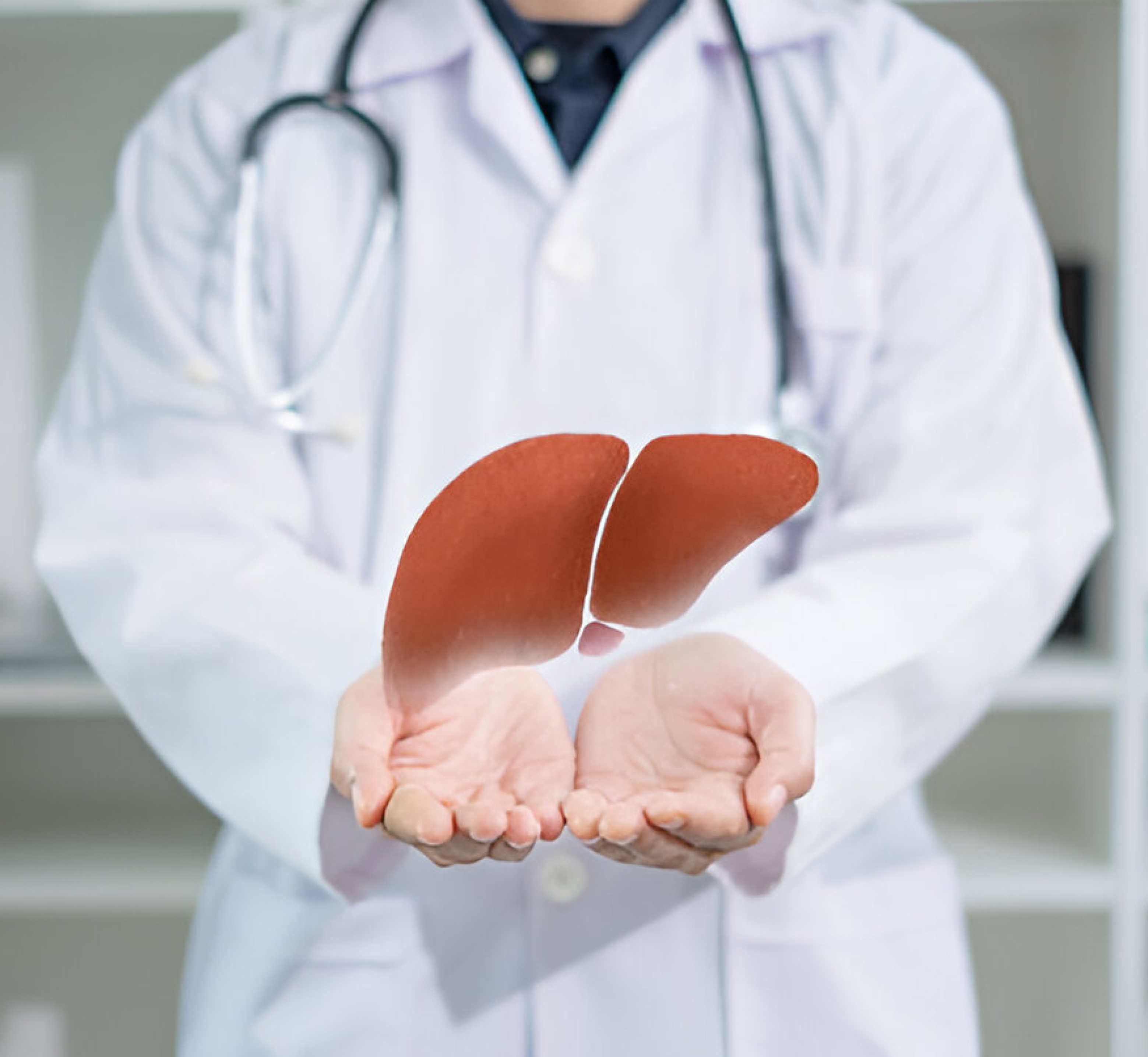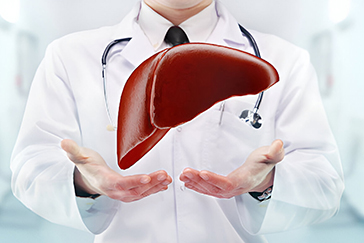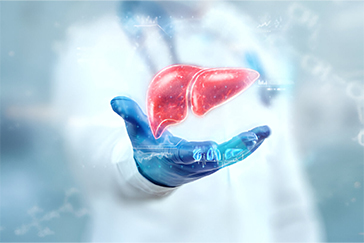 Book Appt.
Book Appt.
 Call Now
Call Now


Primary Biliary Cholangitis (PBC) is a chronic, progressive liver disease characterized by the slow destruction of small bile ducts within the liver. Formerly known as Primary Biliary Cirrhosis, this condition primarily affects middle-aged women, but it can also occur in men and individuals of any age group. Understanding the intricacies of PBC, including its causes, symptoms, diagnosis, and treatment options, is essential for effectively managing this condition.
Causes and Risk Factors:
The exact cause of PBC remains unclear, but it is believed to be an autoimmune disease, where the body's immune system mistakenly targets its own healthy cells. In PBC, the immune system targets the bile ducts, leading to inflammation and progressive damage. Genetic factors may also play a role, as PBC tends to run in families.
Certain risk factors may increase the likelihood of developing PBC. These include being female, middle-aged (between 30 and 65), and having a family history of autoimmune diseases.
Symptoms:
PBC often progresses slowly, and symptoms may not become apparent until the disease is in its advanced stages. Common early symptoms include fatigue and itching (pruritus), which result from the buildup of bile acids in the bloodstream. As the disease progresses, more severe symptoms may develop, including:
Diagnosis:
Diagnosing PBC requires a combination of medical history, physical examinations, blood tests, and imaging studies. Specific blood tests, such as the presence of antimitochondrial antibodies (AMAs), are highly indicative of PBC. Liver function tests, including alkaline phosphatase (ALP) and bilirubin levels, are also monitored to assess liver damage.
Imaging studies, such as ultrasound, may be used to assess the size and condition of the liver. Additionally, a liver biopsy may be performed to confirm the diagnosis and evaluate the extent of liver damage.
Treatment:
While there is no cure for PBC, various treatment approaches aim to slow its progression, manage symptoms, and prevent complications. Ursodeoxycholic acid (UDCA) is the primary medication used to treat PBC. It helps improve liver function and bile flow, slowing down the disease's progression.
In cases where UDCA is not effective, other medications or therapies may be considered, including obeticholic acid (Ocaliva) or fibrates. These drugs work to further reduce liver inflammation and improve bile flow.
For severe cases or those with advanced liver damage, a liver transplant may be necessary. This involves replacing the diseased liver with a healthy one from a donor.
Outlook and Lifestyle Adjustments:
With proper medical management, individuals with PBC can lead fulfilling lives. Regular follow-up appointments with a hepatologist or gastroenterologist are crucial for monitoring liver function and adjusting treatment as needed.
Adopting a healthy lifestyle is also essential. This includes maintaining a balanced diet, engaging in regular exercise, avoiding excessive alcohol consumption, and not smoking. Additionally, managing symptoms like pruritus with proper skincare and medications can greatly improve quality of life.
In conclusion, Primary Biliary Cholangitis is a chronic liver condition that demands careful medical management. Early diagnosis and appropriate treatment can significantly slow its progression and help individuals lead healthy, active lives. By understanding the complexities of PBC, both patients and healthcare providers can work together to navigate this condition effectively.
SHALBY Sanar International Hospitals provides extensive medical procedures backed up with our state-of-the-art technology and a team of highly qualified & experienced clinical experts.
Our doctors pen down their research findings and experiences from time to time. Their words provide deep insight into the latest techniques, technologies and other advancements in healthcare. It provides expert answers to all kinds of health questions for real-life issues.
VIEW ALL




Since the day of its foundation, SHALBY Sanar International Hospitals is committed to provide comprehensive healthcare services. It regularly organizes awareness programs in its premises and encourages outdoor healthcare activities and camps with an intent to put focus on preventive healthcare.
VIEW ALL